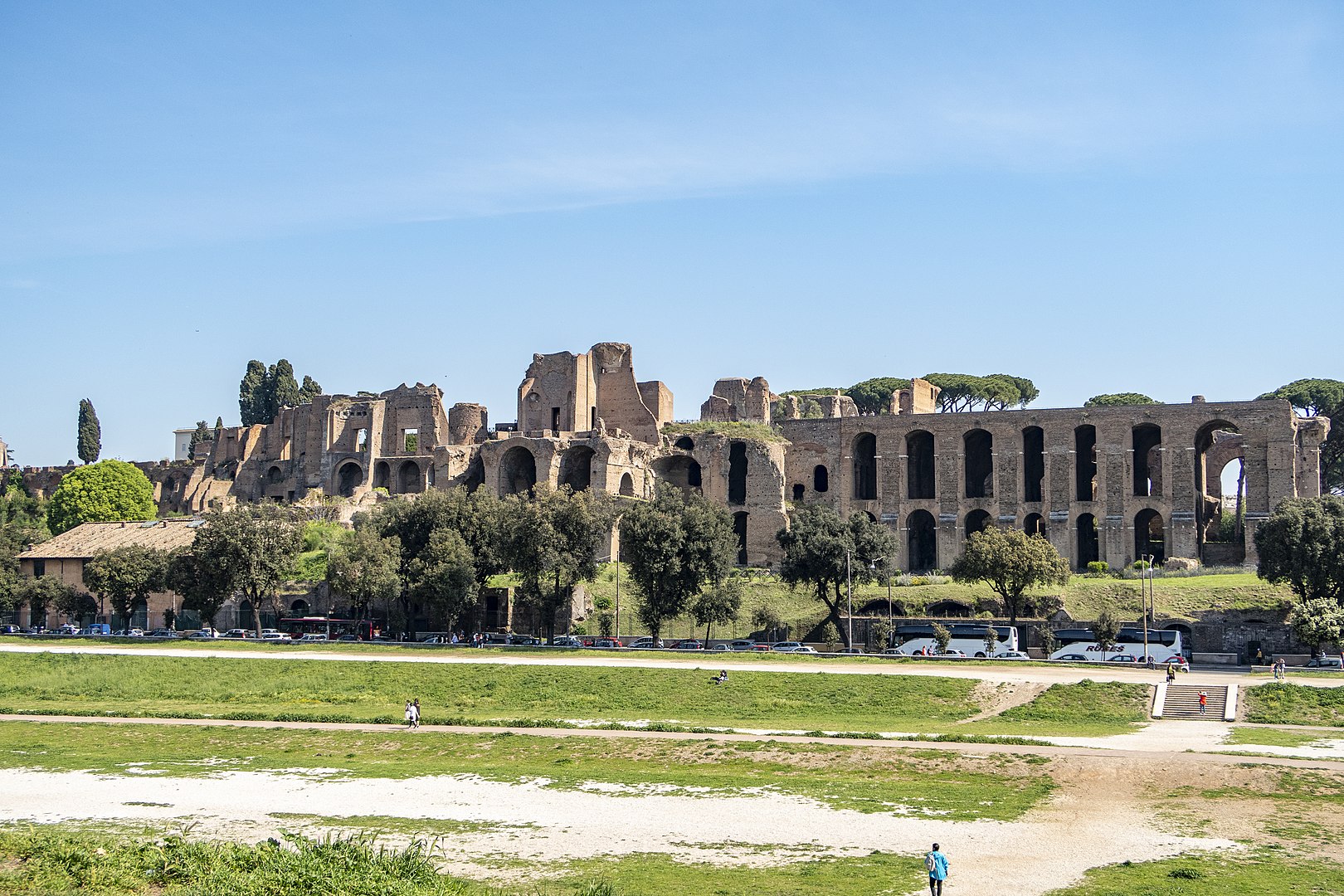
Image by Lil Herodotus, via Wikimedia Commons
From Paolo Carafa, a professor at Sapienza University of Rome, comes a free course that explores the archaeology of ancient Rome. The course description for The Changing Landscape of Ancient Rome. Archaeology and History of the Palatine Hill reads:
Studying ancient — as well as medieval or modern — cities basically means telling local urban stories based on the reconstruction of changing landscapes through the centuries. Given the fragmentary nature of archaeological evidence, it is necessary to create new images that would give back the physical aspect of the urban landscape and that would bring it to life again. We are not just content with analyzing the many elements still visible of the ancient city. The connections between objects and architectures, visible and non visible buildings, which have been broken through time have to be rejoined, to acknowledge the elements that compose the urban landscape.
Landscape and its content are a very relevant and still vital part of any national cultural heritage. The course will introduce students to the way we have been reflecting on over the last twenty years and still are engaged with the study of the past of our cities, beginning from the most complex case in the ancient Mediterranean World: the core of Italy and of Roman Empire. On the other hand, knowledge means also preservation and defense of material remains and cultural memory.
You can take The Changing Landscape of Ancient Rome for free by selecting the audit option upon enrolling. If you want to take the course for a certificate, you will need to pay a fee.
The Changing Landscape of Ancient Rome will be added to our list, 1,700 Free Online Courses from Top Universities.
Related Content:
For a complete list of online courses, please visit our complete collection, 1,700 Free Online Courses from Top Universities.
For a list of online certificate programs, visit 200 Online Certificate & Microcredential Programs from Leading Universities & Companies, which features programs from our partners Coursera, Udacity, FutureLearn and edX.
And if you’re interested in Online Mini-Masters and Master’s Degrees programs from universities, see our collection: Online Degrees & Mini Degrees: Explore Masters, Mini Masters, Bachelors & Mini Bachelors from Top Universities.

